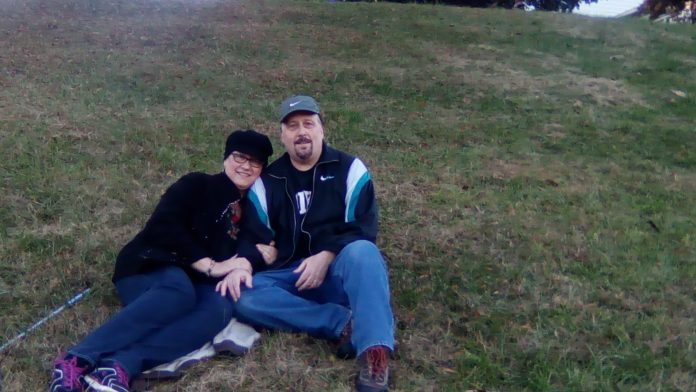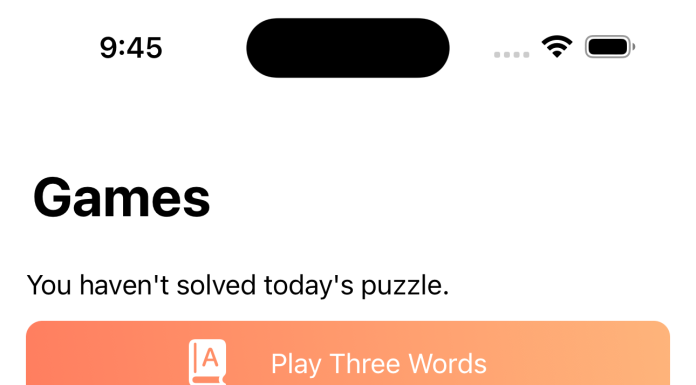In being diagnosed with pancreatic cancer, your prognosis for survival is not good. My wife, Bonnie, fought what we were told would be a one to five-year battle, for three years. Towards the end of those three years, she was placed first in palliative care and then ultimately, in hospice care.
Palliative care is often the step before hospice. I had many misconceptions regarding what hospice was, what they did and exactly what type of care was provided. What I thought of when I heard the term hospice was a facility where your loved one had a room and nurses were there to care for them 24/7. That used to be, more or less, what hospice was but things have changed over the years. Today, the majority of hospice facilities are gone and the care is provided in home. There were several things along my journey that I gained a better understanding of and I would like to share of few of those here.
One of the first things I learned was that a hospice patient could no longer receive any treatment. If they want to acquire additional treatment, you need to take the patient out of hospice care. Prior to my experience with hospice, I always believed that if you could transport the individual, then they could continue their regimen. This is different than palliative care where you are allowed to continue treatment if the patient chooses to. Hospice is comfort care with no curative intent. The family does have the right to move out of hospice, and then back in at a later time if desired.
My second discovery was understanding the meaning of the phrase, “A nurse will come out to your home to assist you”. I’d like to be clear on this point. The spouse, family members or other loved ones are the primary caretakers in home hospice. In my case, I was the primary caretaker with some help from my youngest son. Hospice does not provide caregivers. This is a crucial point that people need to understand going in. Life does not get put on hold because you are a caretaker of someone in hospice. If you are working, like I was, work continues. All of your other responsibilities continue as well. In fact, you gain additional responsibilities depending upon your particular situation. In my case, a nurse would come out about twice a week, mainly to take vitals and discuss my wife’s medications. The visit usually lasted about an hour and several days would go by before another visit. As my wife’s final days approached, I requested that the nurse come to the house daily.
Hospice does provide all of the medical equipment that is necessary. A hospice nurse will evaluate what is needed and hospice will deliver the equipment to your home. They will also provide any supplies that are needed for the patient such as wipes, pads, lotion and other items. All of the medications for the patient are prescribed by a hospice doctor as well as any changes or additional prescriptions. Hospice also provides a Chaplain, if you choose. Our Chaplain came to the house about once every two weeks. Additionally, hospice will send a nursing assistant or an orderly to bathe the patient on a regular basis.
Our life line in an emergency situation was no longer dialing 911, it was now calling the hospice 24/7 phone number. It’s not that you cannot call 911 in an emergency for something non-related to the illness but generally the hospice contact number becomes your 911. This is a bit of an adjustment since we are all taught at an early age that emergency = dial 911. If there is an emergency like a fall and a hospital visit is required, it is still best to call your hospice provider and they will make the necessary calls from there. For as long as your loved one is in hospice, everything flows through them. It is important to note that if you circumvent hospice in an emergency situation, you could be liable for emergency services and hospital costs.
I wanted to share our experiences with hospice with the hopes of passing along information to people who find themselves in a similar set of circumstances. Prior to my wife entering into hospice care, I had little to no knowledge regarding hospice, outside of a few pre-conceived notions. These are some of the things that I encountered personally. Your mileage may vary of course, in terms of your experiences with hospice.






















